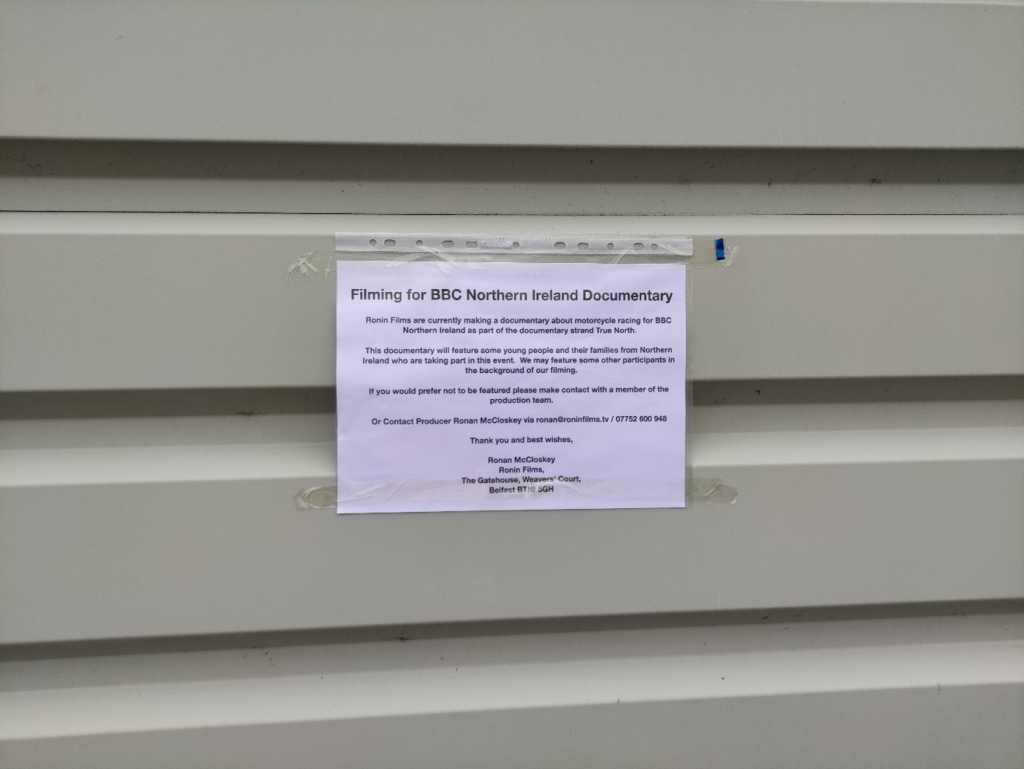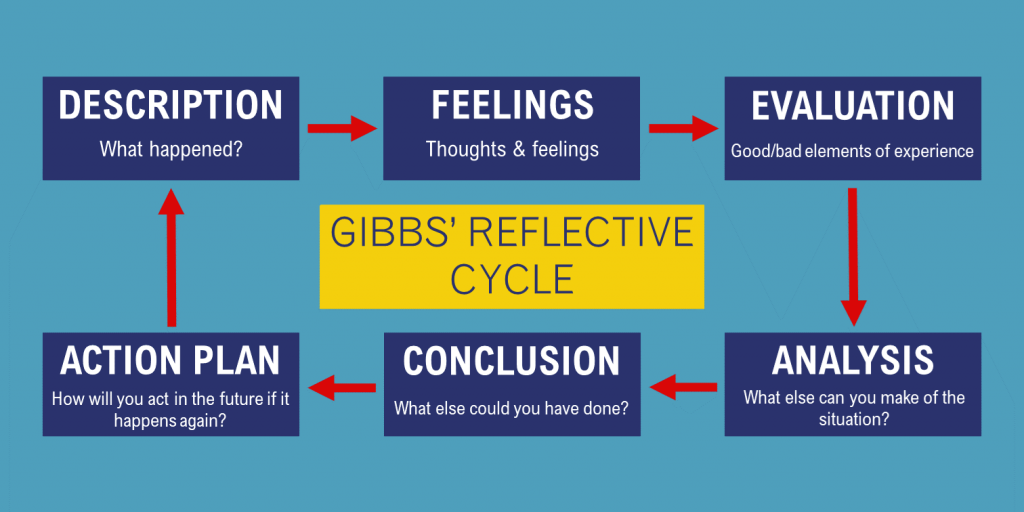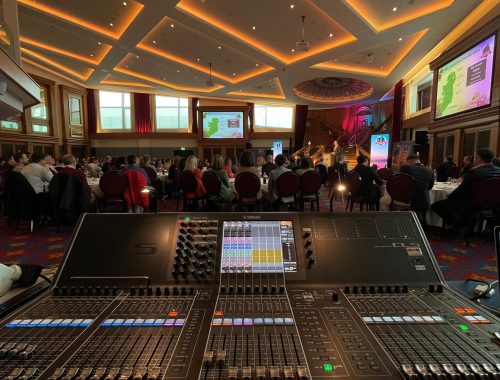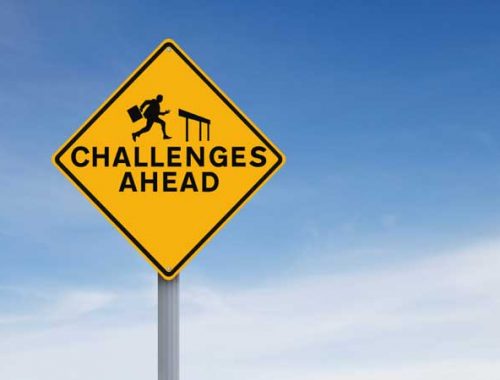MY FIRST SHOOTING DAY: RESPONSIBILITY, PRESSURE AND VALUABLE LESSONS

At the time of starting my work placement with RONIN Films, I would certainly not have said that I had a great deal of experience in the production stage of a TV show. Whilst I managed to get some experience in my first two years of university by being a part of production teams in a number of modules, unfortunately the COVID pandemic reduced our ability to produce much using conventional industry methods, which resulted in the real breadth of my experience being in the post-production sphere, especially in the realm of video editing and sound design and production. I felt confident in my abilities in the post-production stage of development, but I was eager to further develop my skillset and I was very excited to work with industry professionals in the production stage and to be able to learn first-hand the tricks of the trade. When I finally began attending shoots and working as part of the production team, I found them to be exhilarating and very informative experiences, but I was also faced with a number of problems that often required quick-thinking and decisive action to overcome the obstacles and succeed. In this blog post I will reflect on some of these challenges I faced and will use Gibbs’ Reflective Cycle as a reflective methodology.

DESCRIPTION: For the purposes of this blog post, I will focus on my first experience on a shoot. It was motorbike racing shoot, and I was part of a large crew. The shoot was for a show that was already commissioned by the BBC, and therefore it was absolutely essential that we got good quality footage and didn’t miss any races. I was given the responsibility of working alongside one of the main cameramen and assisting him with the scheduling of the races, so that he knew when the characters the show was focusing on were featuring in a race and which exact racer they were based on their overalls and bikes. This required me to be fully alert and to pay attention to every race, as the second one race ended another began with no breaks in between. In addition to this, I had to pay attention to the cameraman and ensure that I was never in the way of a shot. This split my attention on two fronts.
FEELINGS: Despite the stressful nature of the shoot and the amount of focus I needed to maintain throughout the day, I really enjoyed the responsibility I was given. Furthermore, the pressure that came with the fact that the show was already commissioned really gave me the push that I needed to remain fully focused for the whole day, because I realised how essential it was that all of the footage we got was of a high-standard and exhaustive, with no races missed or riders misidentified.
EVALUATION: Overall, I found the experience to be very enjoyable and it left me excited for the opportunity to attend more shoots. I really enjoyed the responsibility and I feel like I came out the other side of the experience all the better for it. I have a newfound sense of confidence that I can in fact perform well on a shoot and will be successful at that in the future. Furthermore, I relished the opportunity to be able to network with members of the team. I did most of my networking with the cameraman I was assigned to help, but at the lunch break the whole crew sat together and I had a chance to talk to them, asking for their advice and finding out about their own careers and fields of expertise. Obviously within the media industry, networking is an absolutely fundamental tool to success, as publications such as Careers in Media and Film: The Essential Guide by Gregory, Healy and Mazierska point out, and therefore I relished that opportunity (51-59).
However, I did make a mistake at the very beginning of the day where I missed the first race that one of the characters in the documentary was racing in. Thankfully, this was a non-competitive warm-up race, but it gave me the shock necessary to ensure that it didn’t happen again for the rest of the day. Also, it was a very tiring day, and I certainly slept well that night!
ANALYSIS: Analysing the day I would say that I have learnt that I probably worried too much in advance of the shoot, and that actually as long as I devote my full attention to the tasks that need completed on any given shooting day then I am more than capable of being successful in this industry. I also gained great insight into how a large crew works together on a shooting day such as that one. The ultra-fast paced nature of the footage we needed to get really allowed me to see first-hand experts in the trade and how they respond to pressure. It was an illuminating and valuable experience.
CONCLUSION: In conclusion I would say that this first shooting day has been the most beneficial day in my work placement so far. It was very constructive for me to experience how television shows are made and how to work with a large crew. Also, it helped to assuage my fears about my own lack of experience, as I realised that I was more than capable of doing well as long as I was well-informed of what was expected of me, and I remained focused on my responsibilities.
ACTION PLANS: I believe that this experience will stand me in good stead for the future. I have already taken a lot of what I learnt on that first shooting day with me in subsequent shoots, which have all gone well. Ultimately, the media industry is one where pressure, time constraints and unpredictability are to be expected, and every opportunity I get to gain experience in this field is invaluable to me and will give me the tools I need to be successful in the future.
Works Cited:
- Gibbs, Graham. Learning By Doing: A Guide to Teaching and Learning Methods. Oxford: Oxford Further Education Unit, 1988
- Gregory, Georgina, Healy, Ros J. and Mazierska, Ewa. Careers in Media and Film: The Essential Guide. Los Angeles: Sage Publications, 2007.


